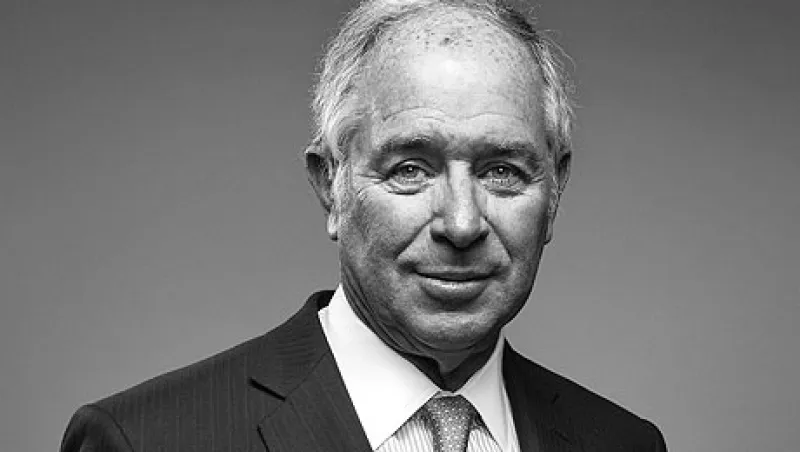
Blackstone's Stephen Schwarzman on Not Wasting a Serious Crisis
Following the 2008 financial crisis, Blackstone Group chairman and CEO Stephen Schwarzman used the acquisition of GSO Capital to diversify the alternative asset management firm’s businesses and help more than double its assets.
Julie Segal
June 12, 2013



